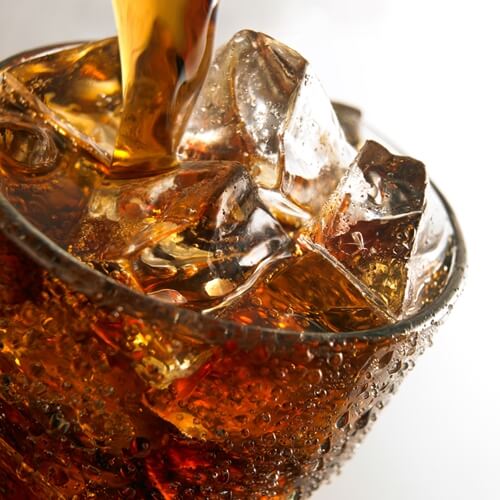California bill could require warning labels for sugary drinks
California could become the first state in the union to require a warning label on beverages that contain added sugar. Sen. Bill Monning (D-Carmel) proposed a bill on Friday, Feb. 13, that would do just that, and many are comparing it to labels posted on cigarette packs. Soda, juice and other sweet drinks would only have to carry the label if they have 75 or more calories worth of sugar per every 12 ounces. Whether you take baking courses online or are an average consumer, you may start seeing a new sticker on your beverages.
Sugar and soda
Many processed foods, from granola bars to crackers, contain sugar, so why do lawmakers in California want to warn the public about beverages? The answer is quantity. The average American drinks about 45 gallons of soda a year, which equates to about 487 cans, 286 bottles or 85 2-liters.
“Soda and other sugary drinks are the number-one source of added sugar in the American diet,” Dr. Harold Goldstein, of the California Center for Public Health Advocacy, told The Associated Press.
The American Heart Association recommends that people only consume half of their daily discretionary calories (calories remaining after you get your recommended amount of food from other categories) as added sugars. For women, that’s about 100 calories or 6 teaspoons a day. For men it’s 150 calories or 9 teaspoons. The AHA also notes that calories from added sugar can cause weight gain or even obesity, which increase your chance of developing heart disease or diabetes.
Support from voters
Should the bill pass, sugary drinks would carry the warning, “STATE OF CALIFORNIA SAFETY WARNING: Drinking beverages with added sugar(s) contributes to obesity, diabetes, and tooth decay.” According to the San Jose Mercury News, a telephone poll conducted in California in late 2013 found that a majority of state residents like the idea of the label. In fact, 74 percent of registered voters approve.
Some towns have considered conducting similar research on voters’ opinion of soda taxes. For example, health care group The California Endowment commissioned Field Poll to discover how voters felt about making a tax to fund prevention and treatment programs for obesity and diabetes.
Soda companies respond
CalBev is an association of soda companies that includes Pepsi, Coke, Snapple and Dr. Pepper. Members recently argued that soda shouldn’t be painted as the sole cause of obesity and other health issues.
“We agree that obesity is a serious and complex issue,” CalBev said in a statement. “However, it is misleading to suggest that soft drink consumption is uniquely responsible for weight gain. According to government data, foods, not beverages are the top source of sugars in the American diet.”


